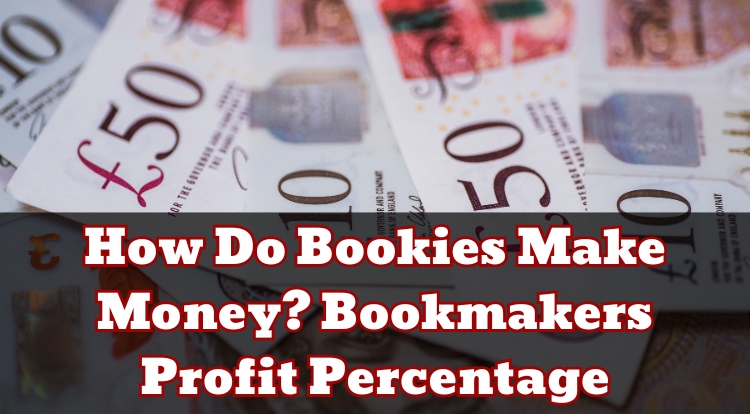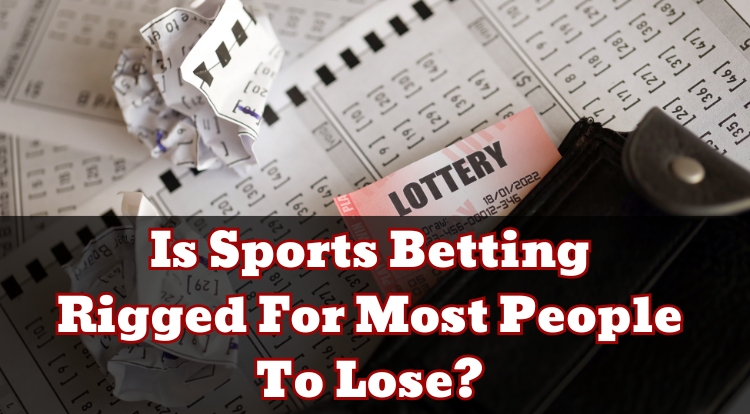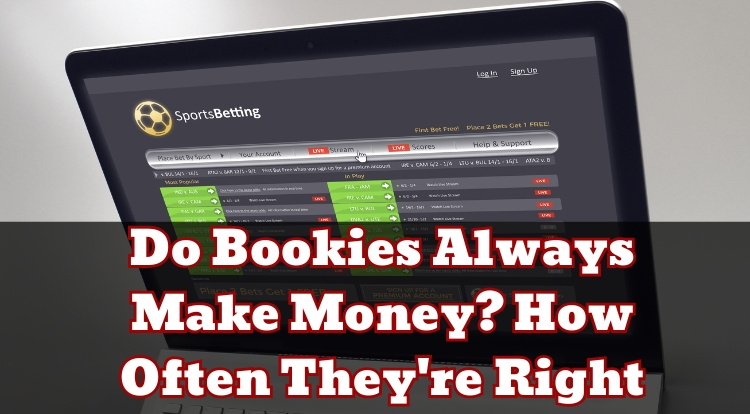Negative Balance at Online Bookies: What to Do Next
If you’ve logged into your online betting account and noticed a negative balance, you’re not alone. This guide explains what a negative balance means, how it can happen, and what you can do to try and resolve it.
Whether you’re new to gambling, or just haven’t come across this before, it can be unsettling to see a minus figure in your account.
This blog aims to break things down clearly—whether you’re using a sports betting site or betting exchange. We’ll also cover the rules UK bookmakers follow, how to deal with errors or disputes, and where to go if you need more help. If you’re unsure how things work, this guide can be a good place to start.
Understanding Minus Balances in Your Betting Account
A negative balance means your account shows less than £0. For example, it might read -£15. This indicates that the amount of money you have available to use is below zero. You won’t be able to place any new bets or request a withdrawal until it’s resolved.
This situation doesn’t usually mean you owe money in the traditional sense. It can happen if there’s a problem with a payment or a bet. For example, if you placed a bet using money from a recent deposit, but that deposit was later reversed by your bank, the amount might be removed from your account. This could result in a minus figure.
In another case, a bookmaker may incorrectly mark a bet as a win. If you then used those winnings to place more bets, and the original event outcome was later corrected or voided, the value of the original win might be taken back. This could lead to a negative balance if the funds have already been spent.
Betting exchanges work a little differently. They often involve funds being matched between players, and depending on how the market moves or how stakes are held, your account may temporarily show a negative figure. In these cases, the platform’s terms should explain how balances are managed.
UK-licensed bookmakers must follow strict rules under the Gambling Commission. If your balance falls below zero, the site may require you to settle the balance before using the account again. Some will explain the reason clearly, while others may ask you to contact customer support for more details.
Reasons Bookies Might Reverse Payouts
A reversed payout is when funds that were previously credited to your account are later removed. This can happen if a bet was settled incorrectly, or if the operator identifies a breach of its terms and conditions. It can be unclear at first—especially if you’ve already placed other bets or made decisions based on the original balance.
One common reason is an error in how a result was settled. If a bookmaker mistakenly paid out a bet before the final outcome was confirmed, and the actual result differed from what was originally recorded, they might adjust your balance to reflect the correct result.
Another reason could involve the method of payment. For example, if a deposit is disputed with your bank—the site might remove that amount from your account, including any bets placed with it.
Rules around bet validity may also lead to reversals. For instance, placing a bet after an event has started—sometimes known as in-play betting, when it isn’t allowed—could result in that bet being voided. Similarly, if you have more than one account with the same bookmaker (which is typically not allowed), any bets placed using duplicate accounts might be cancelled, and any potential winnings removed.
Postponed or abandoned events may also affect settled bets. If a tennis match is suspended due to weather, and the site’s rules state that the full match must be completed for bets to stand, the original payout may be removed once the result is declared void.
Since not all betting sites apply the same rules, it may be a good idea to check the terms for the specific event or market. Some may require matches to run a certain length of time, while others may settle based on what has already taken place.
Are Withdrawals Ever Stopped by Bookies?
Withdrawals from UK-licensed gambling sites are usually processed within a few days. However, in some cases, they can be delayed or temporarily paused.
A withdrawal might be delayed if the operator needs to review account activity. For example, if there’s a pattern of repeated large deposits and withdrawals, or suspected misuse of promotions, the site might investigate before approving the transaction.
Issues can also arise if the payment method doesn’t match the registered name on the account. For instance, if the card or e-wallet you used is in someone else’s name, the site may freeze the withdrawal while they confirm ownership. Incorrect or outdated banking details can also result in payment failure or delay.
It’s also worth noting that since June 2020, players are no longer able to reverse or cancel a withdrawal once it’s been requested. This rule was introduced by the UK Gambling Commission (UKGC) to support safer gambling practices and reduce the risk of impulsive behaviour.
Steps for Fixing a Negative Balance
To resolve a negative balance, start by reviewing your account history. Look through your recent deposits, bets, and withdrawals. Many betting sites offer a transaction log that shows each entry. This can help you spot if a deposit failed or if a potential winning was reversed.
Next, contact the bookmaker’s customer service team. Most offer live chat and email support. Provide your username and a brief summary of the issue. If you have records of any payment or bet affected, it can help to include those.
The support team may request documents, especially if the issue is linked to a failed payment or suspected duplicate accounts. If you disagree with their explanation, you have the option to raise a formal complaint. Bookmakers must have a clear complaints process and respond within a set timeframe, usually eight weeks.
If the matter remains unresolved, you can refer it to an Alternative Dispute Resolution (ADR) provider. These are independent services, such as IBAS or eCOGRA, which are approved by the UKGC to help settle gambling-related disputes fairly.
Each betting site has its own procedures, so the steps may vary slightly depending on where you’re playing.
What the Rules Say About Owing Bookies
In most cases, a negative balance doesn’t mean you owe money to a bookmaker. Gambling operators in the UK are not allowed to offer credit unless they are specifically licensed to do so. These licences are extremely rare.
Negative balances are usually the result of a technical or transactional issue. For example, if you receive a bonus and place bets with it, but the bonus is later removed because you didn’t meet the qualifying terms, your account may be adjusted to reflect the difference.
The UKGC has also banned the use of credit cards for gambling since April 2020. This rule helps prevent people from gambling with borrowed money. Most betting sites accept debit cards, e-wallets, and bank transfers instead.
Operators must also explain how your funds are protected in the event of insolvency. This is known as customer funds protection. It’s categorised into Basic, Medium, or High levels, depending on how the operator separates and safeguards customer money. You can usually find this information in the terms and conditions of the site.
If your account shows a negative balance, it’s not a reflection of debt in the traditional sense. It means the operator has flagged an issue that needs resolving before the account can be used again.
Resolving Account Issues with Customer Service
If something doesn’t look right in your betting account, or you don’t understand why your balance is showing as negative, contacting customer support is usually the best place to start. Most UK sites offer live chat, email, or phone support during set hours.
It can help to have your account information ready, such as your username and the email address you used when registering. If you’ve recently placed bets or made a deposit, note the dates and amounts.
You may be asked to provide ID or proof of your payment method. This is standard practice and helps ensure accounts are secure and used appropriately. It’s also a requirement under UK gambling law.
If you’re not satisfied with the outcome of your conversation, you can request that your issue be escalated to a more senior team, or handled through a formal complaints process. Operators must follow this process and keep records of how complaints are managed.
If no resolution is found, you can take your complaint to an ADR provider. These independent bodies review both sides of the dispute and provide an impartial outcome.
If gambling starts to become a problem, there is support available. You can choose to use tools such as deposit limits, time-outs, or self-exclusion. Services like BeGambleAware.org, GamCare, and GAMSTOP offer free and confidential help across the UK. Always gamble responsibly, and only with money you can afford to lose.
**The information provided in this blog is intended for educational purposes and should not be construed as betting advice or a guarantee of success. Always gamble responsibly.




